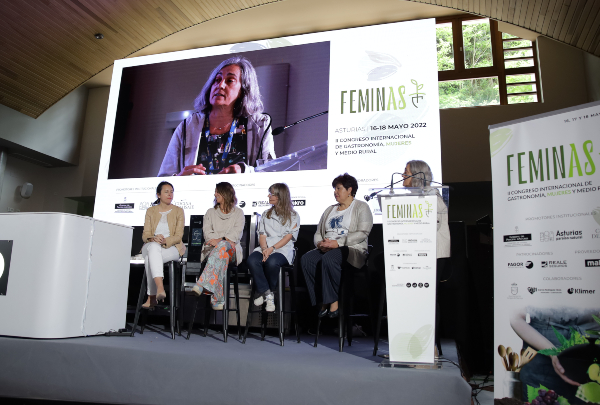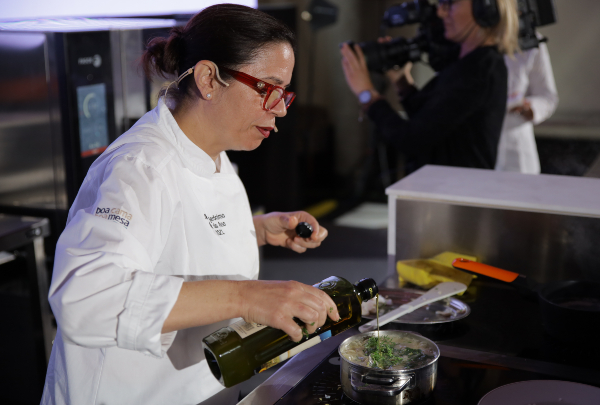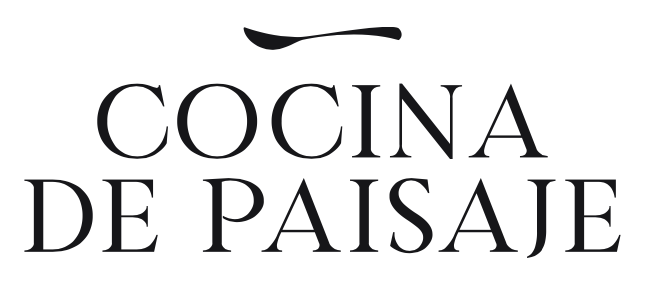News
Fatmata Binta extols the virtues of fonio as a superfood
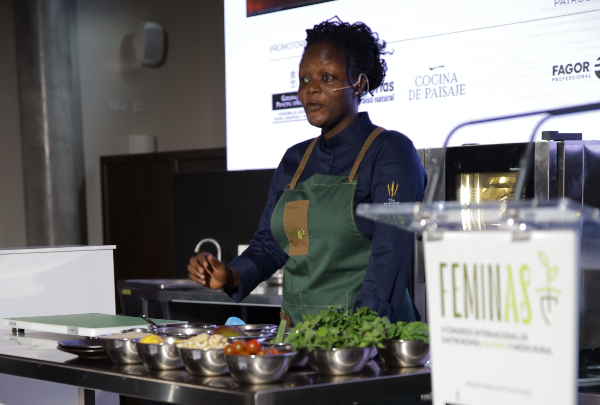
Africa was represented at FéminAs by Fatmata Binta, originally from Sierra Leone but now living in Ghana, who discussed the virtues of one of the continent's cereals, fonio.
If sustainability is the watchword these days, fonio has got to be the must-have superfood. Chef Fatmata Binta kicked off the second day of the FéminAs congress with a talk on this autochthonous African foodstuff, a cereal that constitutes a sustainable superfood in a number of formats. “You don't need much water to grow this, it's healthy, and also gluten-free", Fatmata Binta told the congress as she toasted the cereal on stage.
The virtues of fonio, according to Fatmata Binta, are still largely unknown to many establishments, amid paradoxes such as "the impossibility of finding fonio in local markets, while you can find rice from China”. Ignorance of fonio and its properties among the African population is not total, and it was women who continued to grow the crop, despite the difficulties involved. This is because they are tasked with the organisation of home cooking and feeding their families. In fact, Fatmata's own knowledge of this cereal matches this criterion. “I have quite an emotional connection to fonio", Fatmata Binta explained to the auditorium, recalling how she was forced to leave her native Sierra Leone due to the civil war, and how she and her large family had to go into exile. “We were a large family, my grandmother couldn't feed all of us, she had to find a way around this, and found it in fonio, a very healthy cereal which kept us fed and was easy to grow".
This female connection to fonio is still ongoing in a number of projects involving the African chef to give women from her country the chance to grow the crop, sell it and enable the proceeds to help the community. There are two varieties of the cereal, normal fonio and black fonio, it "can be grown in any season of the year and does not take long to emerge", and it has various culinary applications - it can be toasted for salads, or boiled for soups and creams.
Binta serves up this fare at Fulani Kitchen, and does so as part of a nomadic gastronomy experience by way of homage to her ancestors, the Fulani, the world's largest nomadic people. A nomadic existence which is a perfect match for the sustainability of fonio, since it involves a minimalist lifestyle with barely any environmental impact. It also has another value, according to Binta, who serves up her meals to diners on mats, with "a sense of community and family, which is so important and so intrinsic to our relationship with food".

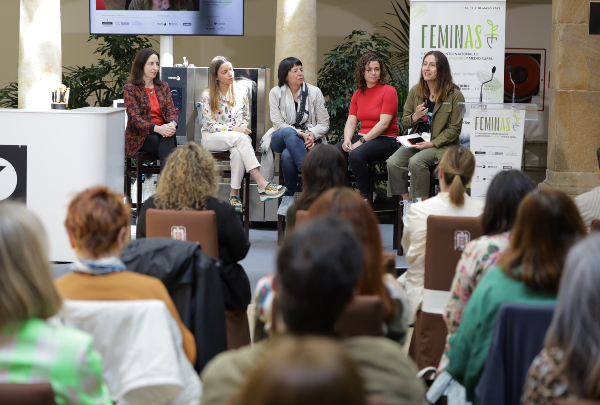
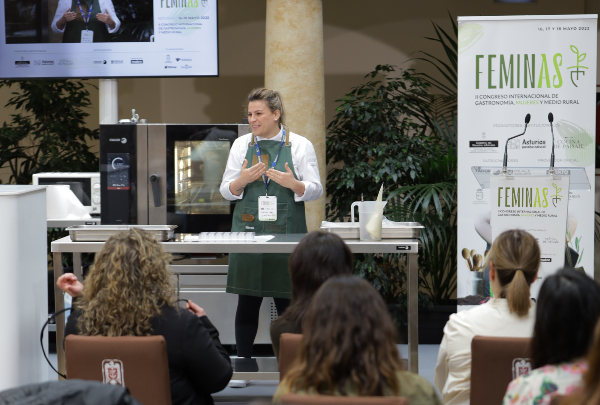
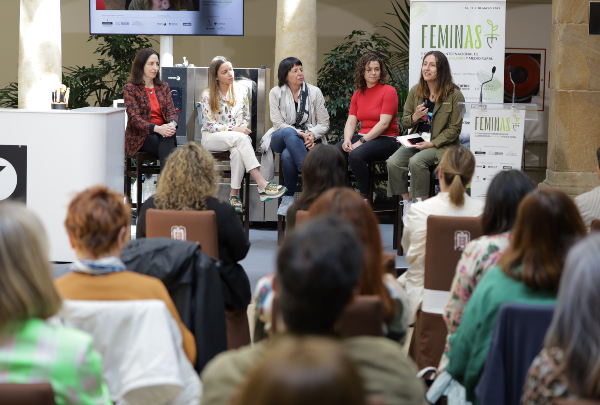

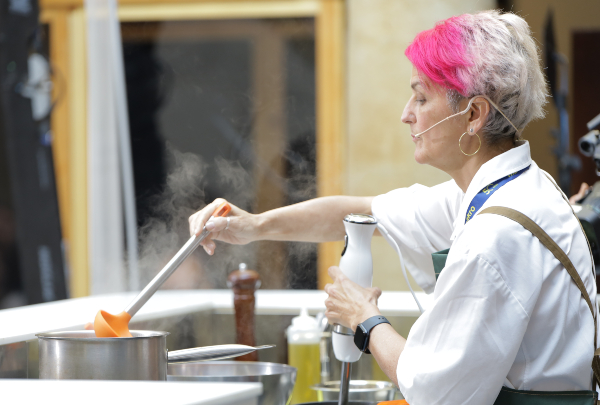
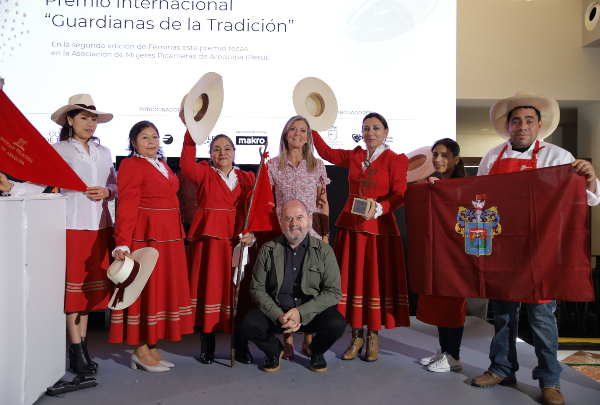
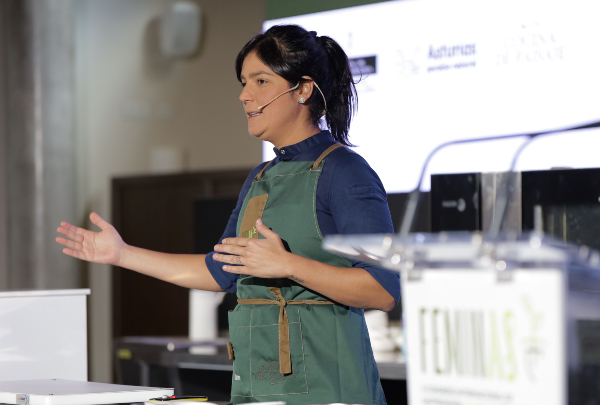
 600.jpg)
